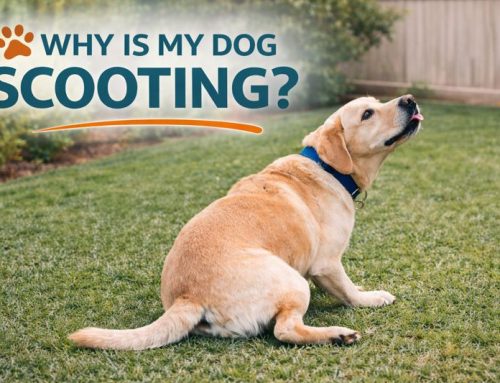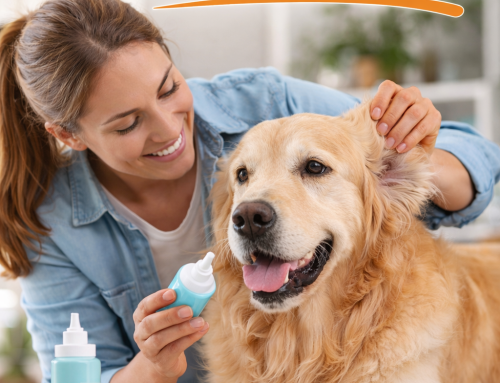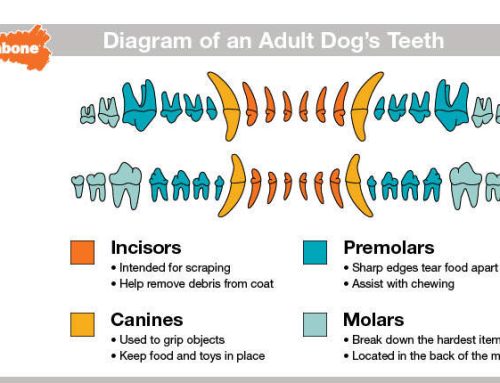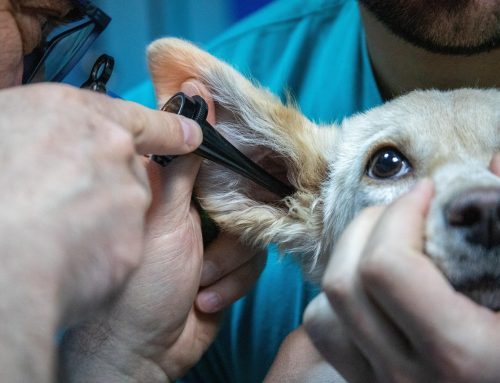
Table of Contents
- Why Is My Dog Shaking?
- Normal Reasons Why Dogs Shake
- Can Anxiety Cause Shaking In Dogs?
- Pain Or Illness
- Does Shaking Mean My Dog Is In Pain?
- Toxins And Dangerous Ingestions
- Why Is My Dog Shaking And Acting Weird?
- When To Worry About Dog Shaking
- What Can I Give My Dog For Shaking?
- How To Help A Shaking Dog
- Should I Take My Dog To The Vet If It’s Shaking?
- Shaking In Dogs Can Be Perfectly Normal
Why Is My Dog Shaking?
Shaking or trembling in dogs can be alarming for any pet owner. Sometimes it’s completely normal, but other times it can be a warning sign that something is wrong. Understanding the different causes can help you know when to relax and when it’s time to call the vet.
Normal Reasons Why Dogs Shake
Not all shaking is bad. In fact, many dogs tremble for completely natural reasons. Excitement is one of the most common. If your dog shivers when you grab the leash or rattle the treat bag, that’s often just their way of showing enthusiasm. Dogs also shake when they are cold. Smaller breeds, like Chihuahuas or Dachshunds, are especially prone to shivering in chilly weather. In these cases, a dog sweater or blanket can often help. According to the American Kennel Club (AKC), cold weather shivering is one of the most common and harmless reasons dogs shake.
Can Anxiety Cause Shaking In Dogs?
Yes. Just like humans, dogs may shake when they’re nervous or stressed. Common triggers include thunderstorms, fireworks, vet visits, or being left alone. Dogs are very sensitive animals, and stress or fear can cause shaking. Separation anxiety may also cause trembling when you leave the house. Anxiety-related shaking often comes with other signs like pacing, whining, or hiding. If you notice that your dog shakes in stressful situations, it may help to provide comfort with a safe space, calming aids, or training techniques. Over time, positive reinforcement can also help your dog feel more secure. The ASPCA recommends addressing anxiety early with training and environmental changes to prevent it from worsening.

Pain Or Illness
Sometimes shaking can signal pain or a medical problem. Dogs may tremble if they have an injury, sore muscles, or arthritis. Medical issues such as kidney disease, low blood sugar, or infections may also cause shaking. Neurological conditions, like seizures or nerve disorders, can also lead to tremors. Another possible cause is Generalized Tremor Syndrome (GTS), sometimes called “white shaker dog syndrome,” which causes full-body shaking in some breeds.
Does Shaking Mean My Dog Is In Pain?
Not always, but it can. If your dog is also limping, whining, or avoiding movement, pain could be the cause. Arthritis, injuries, or muscle strain are common reasons for pain-related trembling. When pain is the issue, shaking is often accompanied by other noticeable symptoms such as stiffness, reluctance to walk, or decreased appetite. For more guidance on spotting pain symptoms, PetMD provides a detailed overview of medical causes of dog trembling.
Toxins And Dangerous Ingestions
If your dog suddenly starts shaking without an obvious reason, one possibility is poisoning. Certain substances like chocolate, xylitol (found in sugar-free gum), human medications, antifreeze, and household cleaners can all cause tremors in dogs. This type of shaking is a medical emergency. If you suspect your dog may have eaten something toxic, contact your veterinarian or an emergency pet hospital immediately. The ASPCA’s Animal Poison Control Center is a trusted resource that can help if you think your dog has ingested something harmful.
Why Is My Dog Shaking And Acting Weird?
If your dog is trembling and also seems confused, unusually tired, or is stumbling, it could be a more serious medical issue. Conditions like poisoning, low blood sugar, or seizures may cause both shaking and unusual behavior. This combination of symptoms should always be treated as urgent. Quick veterinary care can make the difference between recovery and life-threatening complications.
When To Worry About Dog Shaking
You should contact a vet if:
- Shaking starts suddenly and doesn’t stop.
- Your dog is also vomiting, has diarrhea, or is very tired.
- Your dog seems weak, confused, or disoriented.
- The shaking is severe or paired with other unusual behaviors.
In these cases, shaking may be a symptom of a more serious health issue that requires immediate care. The AKC notes that sudden changes in behavior paired with tremors should always be taken seriously.
What Can I Give My Dog For Shaking?
Never give your dog human medication without a vet’s approval. If the shaking is due to anxiety, your vet may recommend calming supplements, pheromone diffusers, or prescription medications. For cold-related shivering, simply providing warmth with a sweater or blanket is usually enough. For stress, try soothing your dog with a calm environment, gentle reassurance, or crate training. If your dog’s shaking seems linked to illness, injury, or poisoning, treatment should always come from a professional veterinarian.
How To Help A Shaking Dog
If shaking is caused by excitement, it usually passes on its own. If it’s due to cold, provide warmth with a blanket or sweater. For anxiety, try to reduce stress by creating a calm environment, using safe spaces, or talking with your vet about calming supplements. Most importantly, pay attention to your dog’s overall behavior. If shaking happens often or alongside other health issues, don’t wait—have your dog checked by a professional.
Should I Take My Dog To The Vet If It’s Shaking?
If the shaking is mild and connected to excitement, cold, or a known stressful trigger, you may not need to rush to the vet. However, if the trembling is sudden, severe, or paired with symptoms like vomiting, weakness, or confusion, you should call your veterinarian right away. It’s always better to err on the side of caution when it comes to your dog’s health. For more tips on when to see a vet, PetMD offers a useful breakdown of warning signs.
Shaking In Dogs Can Be Perfectly Normal
Shaking in dogs can be perfectly normal or a sign of something more serious. By watching for patterns and other symptoms, you can better understand what’s going on. Always trust your instincts—if something feels wrong, call your vet. Quick action can make all the difference in keeping your furry friend healthy and safe. For additional trusted information, visit the ASPCA, American Kennel Club, or PetMD.






